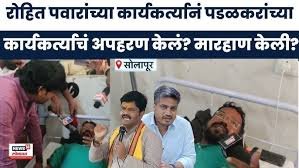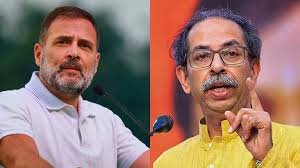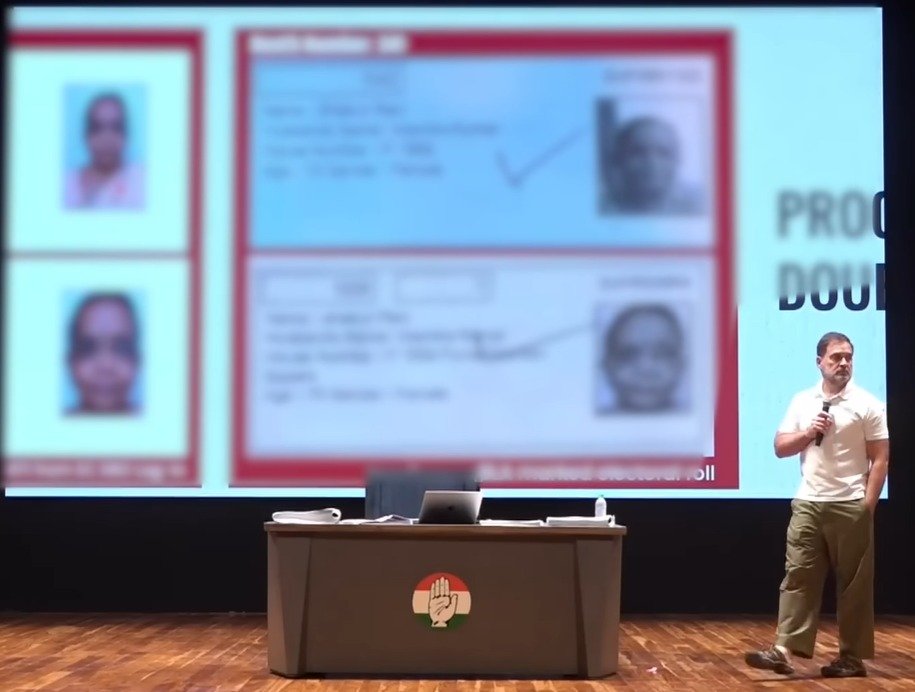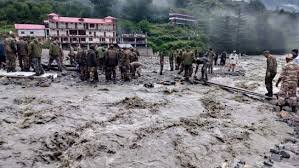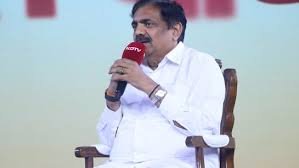People-oriented administration increased people's participation in development works - Prajakta Lavangare
Web Dialogue’ initiative under the nectar festival of freedom
Nagpur, dt. 08: After the independence of the country, the concept of people-oriented administration came into existence as the system of administrative work changed. Emphasis was placed on listening to the people, their strengths and challenges, and implementing the plan accordingly. Prajakta Lavangare-Verma, Divisional Commissioner, said that many schemes got good response from the people.
Mrs. Lavangare-Verma inaugurated the online program 'Web Samvad' jointly organized by District Information Office and Maha-IT under the Amrit Mahotsav of Independence. He spoke on the topic 'People-Oriented Administration: Post-Independence India'. At this time, Collector R. Vimala, District Information Officer Praveen Take, Media Coordinator Anil Gadekar were present.
In the pre-independence period, administration was limited to revenue collection and maintaining law and order. After independence, the concept of welfare state came into existence and the administration started working for the welfare of the people. In the past, schemes were implemented with people as beneficiaries. The BJs of pro-people administration took root due to the community development program started after 1952. Initiatives were taken to disseminate information about the schemes to the people. Now in a people-oriented administration, the scheme is being implemented keeping in view the needs of the people by involving them in the scheme. This has given impetus to rural development. Sant Gadge Baba Gram Swachhta Abhiyan is a good example of this, said Mrs. Lavangare-Verma.
Emphasis is being placed on people-oriented governance to increase people's participation in development plans as well as in disaster management. So there are many examples of people being helped to avoid financial loss of life. Good work was also done with the participation of the people to face the crisis of malnutrition, drought etc. There are many examples of people participating schemes, campaigns being implemented more effectively and they were successful, said Mrs. Lavangare-Verma. He also informed about the experiments he has done for people-oriented administration in his administrative career so far
Web Dialogue’ initiative under the nectar festival of freedom
Nagpur, dt. 08: After the independence of the country, the concept of people-oriented administration came into existence as the system of administrative work changed. Emphasis was placed on listening to the people, their strengths and challenges, and implementing the plan accordingly. Prajakta Lavangare-Verma, Divisional Commissioner, said that many schemes got good response from the people.
Mrs. Lavangare-Verma inaugurated the online program 'Web Samvad' jointly organized by District Information Office and Maha-IT under the Amrit Mahotsav of Independence. He spoke on the topic 'People-Oriented Administration: Post-Independence India'. At this time, Collector R. Vimala, District Information Officer Praveen Take, Media Coordinator Anil Gadekar were present.
In the pre-independence period, administration was limited to revenue collection and maintaining law and order. After independence, the concept of welfare state came into existence and the administration started working for the welfare of the people. In the past, schemes were implemented with people as beneficiaries. The BJs of pro-people administration took root due to the community development program started after 1952. Initiatives were taken to disseminate information about the schemes to the people. Now in a people-oriented administration, the scheme is being implemented keeping in view the needs of the people by involving them in the scheme. This has given impetus to rural development. Sant Gadge Baba Gram Swachhta Abhiyan is a good example of this, said Mrs. Lavangare-Verma.
Emphasis is being placed on people-oriented governance to increase people's participation in development plans as well as in disaster management. So there are many examples of people being helped to avoid financial loss of life. Good work was also done with the participation of the people to face the crisis of malnutrition, drought etc. There are many examples of people participating schemes, campaigns being implemented more effectively and they were successful, said Mrs. Lavangare-Verma. He also informed about the experiments he has done for people-oriented administration in his administrative career so far
Mrs. Lavangare-Verma inaugurated the online program 'Web Samvad' jointly organized by District Information Office and Maha-IT under the Amrit Mahotsav of Independence. He spoke on the topic 'People-Oriented Administration: Post-Independence India'. At this time, Collector R. Vimala, District Information Officer Praveen Take, Media Coordinator Anil Gadekar were present.
In the pre-independence period, administration was limited to revenue collection and maintaining law and order. After independence, the concept of welfare state came into existence and the administration started working for the welfare of the people. In the past, schemes were implemented with people as beneficiaries. The BJs of pro-people administration took root due to the community development program started after 1952. Initiatives were taken to disseminate information about the schemes to the people. Now in a people-oriented administration, the scheme is being implemented keeping in view the needs of the people by involving them in the scheme. This has given impetus to rural development. Sant Gadge Baba Gram Swachhta Abhiyan is a good example of this, said Mrs. Lavangare-Verma.
Emphasis is being placed on people-oriented governance to increase people's participation in development plans as well as in disaster management. So there are many examples of people being helped to avoid financial loss of life. Good work was also done with the participation of the people to face the crisis of malnutrition, drought etc. There are many examples of people participating schemes, campaigns being implemented more effectively and they were successful, said Mrs. Lavangare-Verma. He also informed about the experiments he has done for people-oriented administration in his administrative career so far

.jpg)







